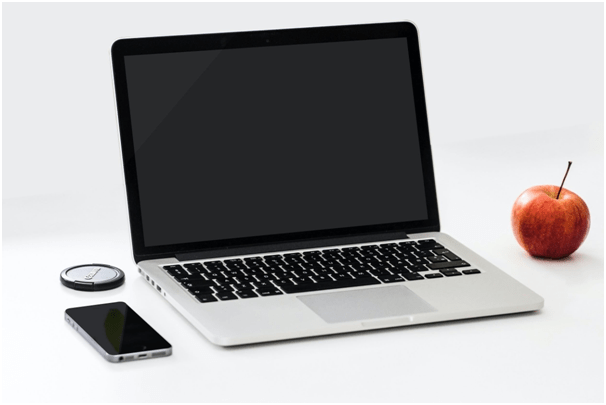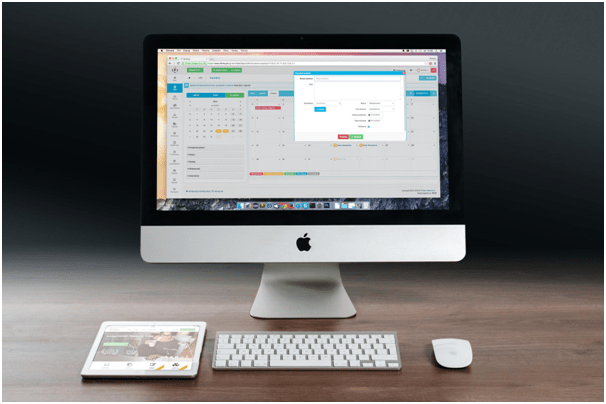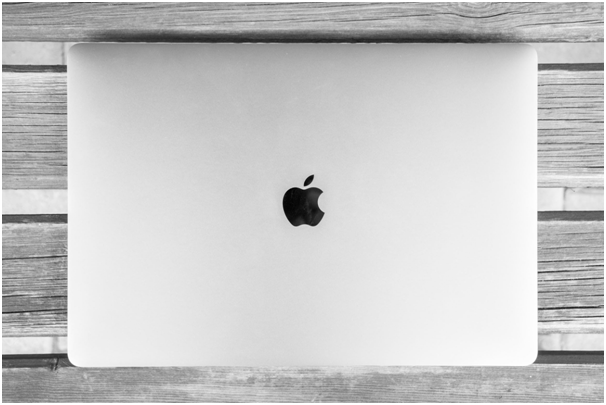Macbooks are quite well-known for their performance. However, you will notice that the computer will not run that smoothly after a while. It is natural and happens with every similar device.
Of course, the whole thing escalates even more if you do not have a proper maintenance routine. Hard drives of Macbooks do not provide a lot of storage, and all the clutter that accumulates over time puts a big strain on the system.
You should look to remove clutter regularly, and it might come as a surprise to find out that there are multiple instances of clutter growing on your computer.
If you are still relatively new to the macOS and are not too familiar with all the nuances, the suggestions below should be a good reference.
Suggestion #1 – Old Applications
If you have had a Macbook for a while, there should be quite a few applications installed. And it is more than likely that some of those apps have not been used for a while.
There is no reason to keep useless files on the computer. Go to the application center and sort the files by date modified. The ones that you have not used for more than a few months should be removed. And this page will tell you everything that you may want to find out about uninstalling applications.
Getting rid of unnecessary apps on a regular basis will free up the space of your hard drive and boost the overall performance. Also, in case you ever need to use an application you have removed, remember that there is always the option to download and install it again.
Suggestion #2 – Emails
Work or communication using emails will lead to quite some clutter. And cleaning up the inbox will prove to be a challenge. Thousands of emails that you have to go through is never fun.
Start with removing all the emails you do not need anymore. You can also make use of the archive feature and store some stuff that you believe to be important.
Once you are finished, try to change some of your habits. Answer emails as soon as you can. And if it is a conversation that requires multiple instances of sending and receiving, put it in a folder which can be named something along the lines of “work in progress.”
Unsubscribing from irrelevant newsletters will also reduce incoming emails. Lastly, you can look to create two separate email accounts – one for work and one for personal use. It will be easier to keep track of everything this way.
Suggestion #3 – Desktop
Desktop clutter should be one of those things that do not need to happen in the first place. Some people find it more convenient if they can access the files directly from the desktop.
It might be easier, but when you consider how much of a performance problem it is, relocating the files to another location seems like a much better option.
It might be a bit unusual at first, but you will notice that the computer is loading up faster every time you boot it. As for not having direct access to the files, remember that there is a search function. You can find everything on the Macbook using the search feature.
Suggestion #4 – Downloads
Some people tend to forget about the download folder. The stuff you download will remain on the computer until you remove it manually. Keep closer tabs on the downloads folder and make sure that it does not become too large.
Suggestion #5 – Internet Browser
Experiencing problems with an internet browser is quite common. Even if your computer works without faults, surfing the net could prove to be almost impossible in some instances. And using something like a virtual private network does not help all the time.
Changing the browser seems like the simplest solution. However, it is not always possible to transfer browsing history, bookmarks, and other information that you have.
You should start by clearing the caches. And turn that into a habit. Remove the cache once every week or so. Getting rid of some extensions and add-ons will also help. Finally, make sure that the browser is running on the latest version. The system should always be up to date, and that goes for every application, including the internet browser.
Suggestion #6 – Temporary Junk
Temporary backups, caches, app plugins, extensions, and other junk files are not visible like other data. If you want to remove it, you will need to get a cleanup utility tool. Such software is relatively cheap and is considered a good investment.
As an alternative, there is also an option to tinker with the system settings and delete the data manually. Though be wary and create backups since there is a chance that you could potentially delete something very important. And recreating that file again will not be that easy.




